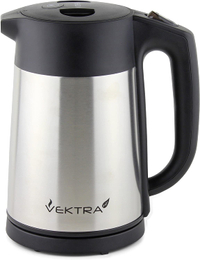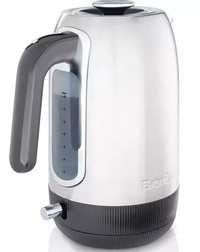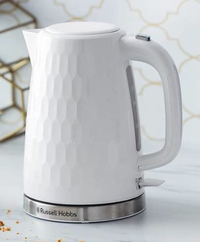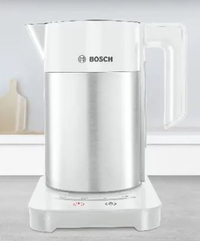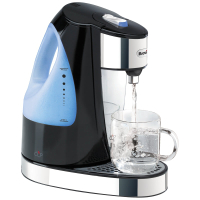How much does it cost to boil a kettle and is it the cheapest way to boil water?
How much does it cost to boil a kettle and how can you make it cheaper? Our money expert explains
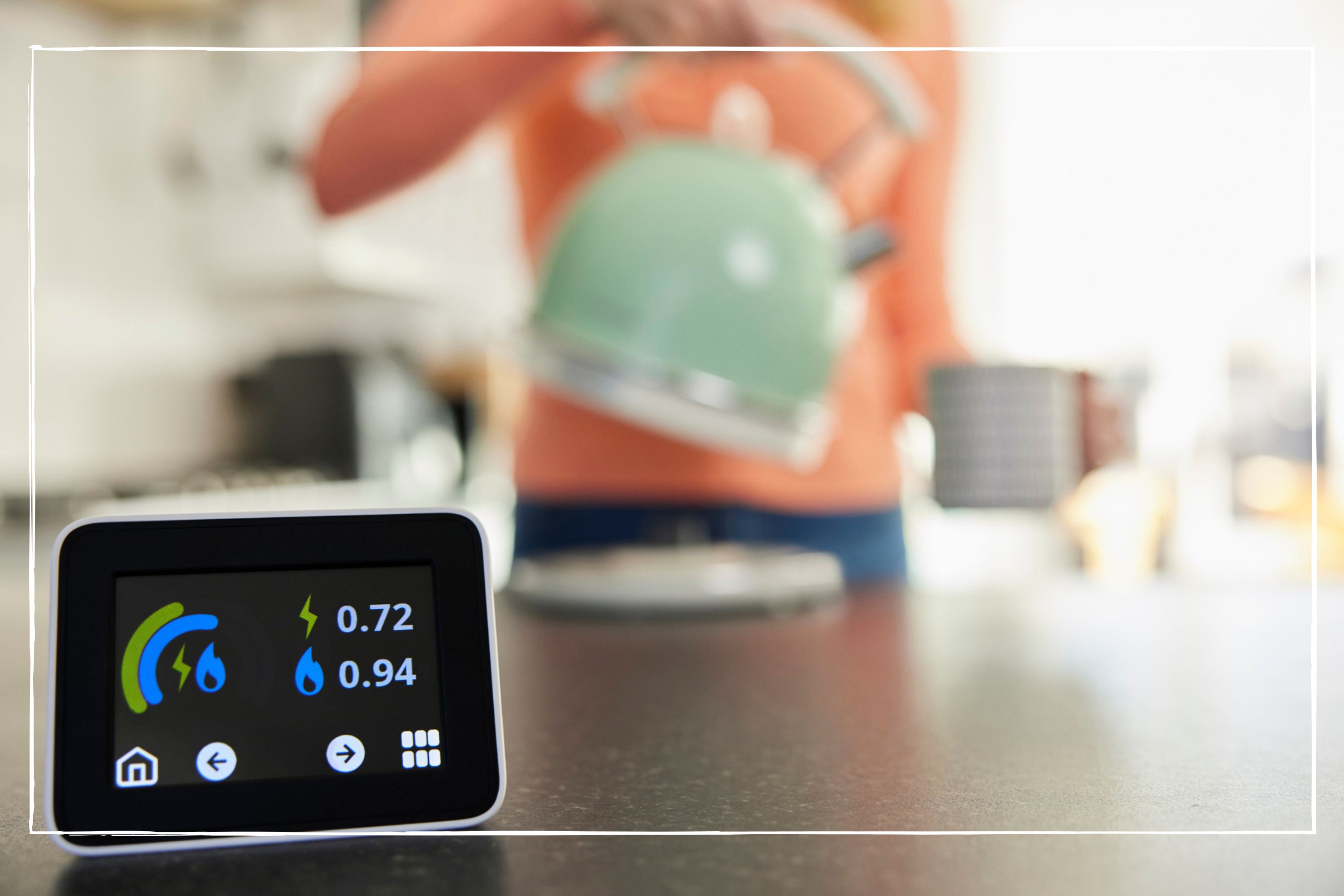
Recent updates
The costs mentioned in this article have been updated in light of the new energy price cap coming into effect on 1 October.
Even though energy prices dropped on 1 October, families are still concerned about how much it costs to boil a kettle so they can keep their bills as low as possible.
Throughout most of 2022 and into 2023, households have been worried about how much their energy bills will cost. This was the case even though the Government introduced the Energy Price Guarantee to prevent typical annual energy bills from exceeding £4,000. But in good news, the energy price cap has just dropped to £1,923, however, this is higher than the pre-energy crisis cap, which stood at £1,227 between October 2021 and March 2022. This means it's still important for families to understand how to save energy in their homes. A key way to do that is to understand how much your most-often used appliances cost to run.
Head of the UK Tea and Infusions Association (UKTIA), which is running a Smart Boil campaign to encourage tea drinkers to only boil the water they need, Dr Sharon Hall, said: “Every bit we can save on our electricity bills helps us deal better with the cost of living crisis.”
According to the UKTIA, Brits drink around 100 million cuppas a day. That’s a lot of kettles being boiled - so how much is it costing us?
How much does it cost to boil a kettle?
To boil a cup of water in a kettle, it will cost you about 1.01p, based on an average 3kW kettle taking around 45 seconds to boil. That is based on the current average price for a unit of electricity being 27p per kWh (kilowatt hours).
When it comes to boiling a full kettle, it’s understandably more expensive. Most kettles can boil around 1.7 litres of water in about four minutes. Based on the unit price mentioned above, this means you can expect to pay 5.4p to boil a full kettle.

If you tend to boil a full kettle when you only need one cup, you're wasting about 4.5p every time. If you had five cups of tea per day, every day, and boiled a full kettle each time, you would be spending an extra £82.13 on your energy bills each year. So it’s definitely more cost effective to only boil the amount of water you need, rather than a full kettle.
GoodtoKnow Newsletter
Parenting advice, hot topics, best buys and family finance tips delivered straight to your inbox.
The energy price cap will likely change again in January 2024, but while it can go up or down, the latest predictions suggest it will remain pretty close to the current cap.
Are some kettles cheaper to boil than others?
Some kettles will be more energy efficient than others, with the most eco-friendly kettles having a brief overboil time and low minimum fill level.
Lara Brittain, kitchen expert at Currys, says the important thing to look out for when buying an eco-friendly kettle is how efficient it is with energy and water use. “Does the kettle allow you to boil 1 cup (about 250ml) of water, and therefore not use electricity boiling water that will not be used?
“You should also look at the materials your kettle is made from and if it is repairable should anything go wrong, to avoid landfill for longer.”
A good kettle also needs decent insulation. One with poor insulation loses heat as it boils and so takes longer to reach boiling point. Limescale can also reduce the efficiency of kettles and increase the length of time a kettle takes to boil. Opting for a kettle with a removable filter can reduce limescale and the need for regular descaling.
Another key feature to look out for when buying a kettle is temperature control. For many drinks, there is no need to boil water to 100°C. Most energy efficient kettles allow you to heat the water to pre-set temperatures. This means you can enjoy your favourite hot drink at the optimum temperature.
Here are the approximate ideal temperatures popular hot drinks should be made at:
- Green tea: 75 - 80°C
- Instant coffee: 80 - 85°C
- Oolong tea: 85 - 90°C
- Black tea: 100°C
Energy saving features to look out for when buying a kettle
- Variable temperatures - Some kettles will allow you to heat water to temperatures lower than boiling, which uses less energy. It's not always necessary for the water to be at 100 degrees, so consider a kettle that can heat water to lower temperatures too.
- Low minimum fill - It's always cheaper to boil less water, so kettles with a lower minimum marker will save you money if you're heating water for just one cuppa.
- Water level gauge - A kettle with a transparent window that clearly marks how much water you're boiling will help you avoid wasting energy by boiling more than you need.
- Removable filter - Because limescale reduces the efficiency of kettles, choosing one with a removable filter will make it easier to descale and help save energy.

Is it cheaper to boil water in a kettle or on the hob?
Whether it is cheaper to boil water in a kettle or on the hob will depend on what kind of hob you have. If you have an electric hob, it will cost about the same amount as an electric kettle.
Ben Dhesi, creator of energy-saving mobile app HUGO, says: “Boiling your water on your electric hob might seem the cheaper option, but this will usually cost the same, if not more than using a kettle, with the amount of kW used generally the same, if not more if you don’t use a high enough heat." A gas hob may work out slightly cheaper, but it often takes longer to boil and is less efficient than using electricity.
Many modern kitchens don’t need a kettle - they have a boiling water tap that provides instant hot water instead. Popular brands include Quooker, Wödår and Grohe. Michael Sammon, managing director at Wödår, says: “An instant boiling water tap costs about 3p a day and saves you time/effort on waiting and filling up the kettle.
“Having 2.4 litres of piping hot water literally on tap means you can use exactly the amount required every time. This helps you to avoid overfilling, which reduces both water waste and energy waste.”
However, although instant boiling water taps might be energy efficient, the upfront costs can be eye-watering. Even the cheapest taps cost at least £500, while some cost more than £1,000. With some taps you’ll pay installation costs on top of the purchase price, and they need to be maintained each year too.
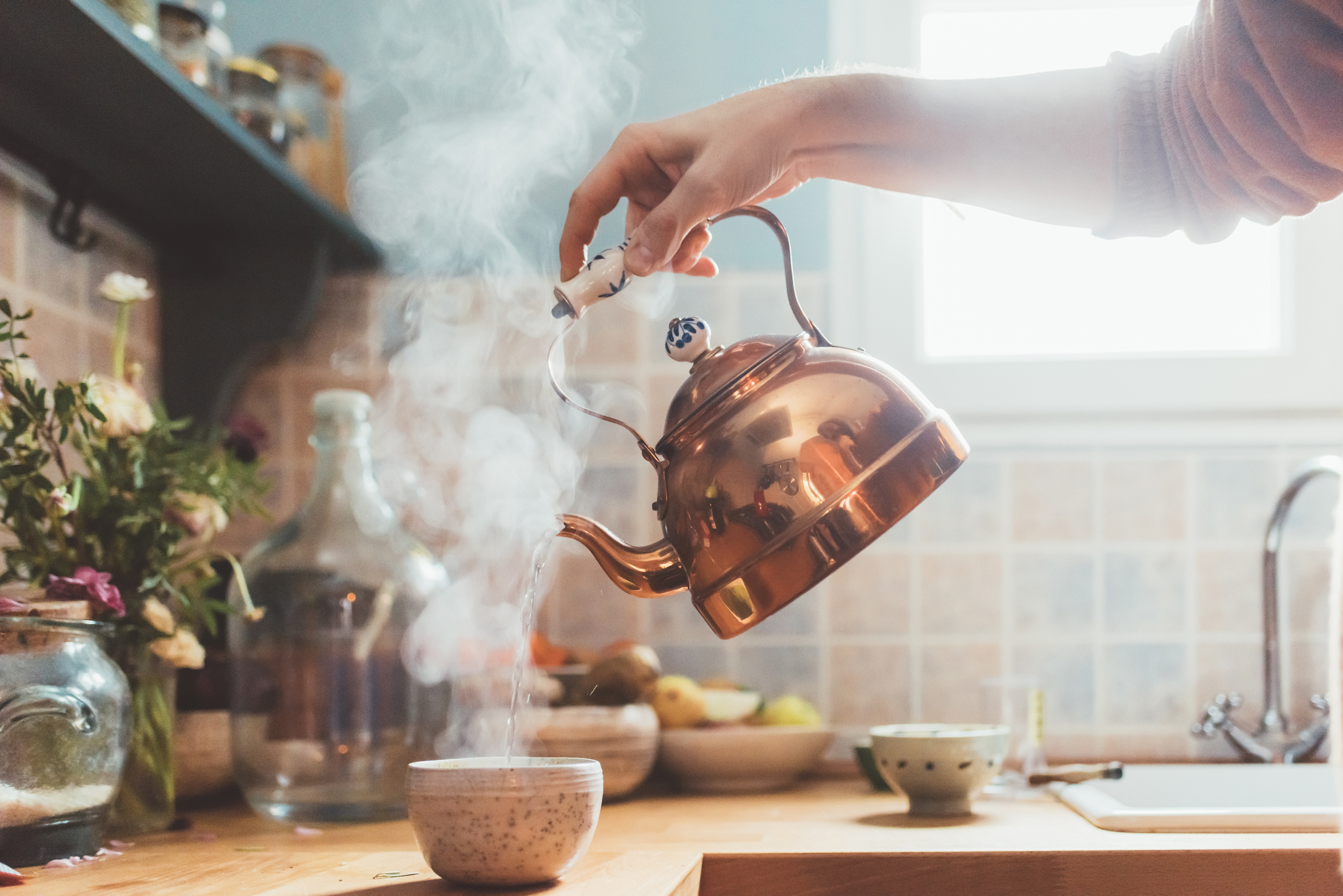
Use the comparison tool below to compare how much your most used home appliances cost to run:
How to save energy when boiling a kettle
- Don't overfill the kettle - The more water you boil, the more energy you use, so make sure you're only filling the kettle with the water you need.
- Descale regularly - Getting rid of limescale will improve the efficiency of your kettle. You can buy limescale remover from the supermarket, but you can also fill your kettle half with water and half with white vinegar and leave it to soak.
- Unplugging the kettle when it's not in use - Leaving devices plugged in at the socket can mean they are still using a small amount of power, so unplugging your kettle from the wall when you're not using it can save some energy.
Top 5 kettles to help you keep costs down
If you’re buying a new kettle, look for one with a water level gauge. This is a transparent window that shows how much water you're boiling and will help reduce wastage.
1. Vektra VEK-1506 Insulated Cordless Kettle. View at Amazon
RRP: £64.95 | Capacity: 1.5 litres | Colour: Stainless steel | Power: 220W
This eco-friendly insulated kettle claims to keep the water you boil hot for up to four hours, reducing the number of times you need to boil the kettle throughout the day. It features insulation to reduce heat loss and a reflective stainless steel layer to prevent heat the outside from becoming hot.
2. Breville Edge Still Hot VKT192 Jug Kettle. View at Currys
RRP: £44.99 | Capacity: 1.7 litres | Colour: Stainless steel | Power: 3,000W
This Breville kettle can also help to avoid unnecessary re-boiling of the kettle thanks to its illumination feature. As the kettle boils, the light changes from white to red, and the light will remain red until the temperature falls below 80⁰C.
A super handy feature if you like to have multiple hot drinks in a day.
3. Russell Hobbs Honeycomb Kettle. View at B&M
RRP: £35.99 | Capacity: 1.7 litres | Colour: White | Power: 3,000W
A great option if you are on a budget, this Russell Hobbs kettle has Rapid Boil Zone Markers that flag exactly how much water you need to add to boil one, two and three cups to make sure you are never boiling more than you need.
On Amazon, this kettle has an average rating of 4.6 out of 5 stars.
4. Bosch Sky TWK7201GB Kettle with Temperature Selector. View at AO.com
RRP: £104 | Capacity: 1.7 litres | Colour: White/Silver | Power: 3,000W
This Bosch kettle has seven different temperature settings to help you make the perfect hot drink (and avoid using more energy than necessary by heating the water more than you need).
It also has a handy Keep Warm function that keeps the water hot for up to 30 minutes after it has boiled, which can help to avoid unnecessary re-boiling.
Reviews on AO.com give this kettle 4.8 out of 5 stars.
5. Breville HotCup Hot Water Dispenser. View at B&M
RRP: £47.99 | Capacity: 1.5 litres | Colour: Black/Stainless steel | Power: 3,000W
This energy-efficient hot water dispenser is a great option for those who want to make sure they don't boil more water than they need to. This appliance only boils and dispenses one cup of water at a time, resulting in a quick brew and reduced energy usage.
You might also be interested how much your other appliances cost to run, including how much it costs to run a tumble dryer and how much an air fryer costs to run.
Sarah is GoodtoKnow’s Money Editor. After Sarah graduated from University of Wales, Aberystwyth, with a degree in English and Creative Writing, she entered the world of publishing in 2007, working as a writer and digital editor on a range of titles including Real Homes, Homebuilding & Renovating, The Money Edit and more. When not writing or editing, Sarah can be found hanging out with her rockstar dog, getting opinionated about a movie or learning British Sign Language.
- Ellie HutchingsFamily News Editor
- Emma LunnPersonal finance expert
-
 How to save money: 28 family-friendly money-saving tips for mums and dads
How to save money: 28 family-friendly money-saving tips for mums and dadsUnderstanding how to save money is key to limiting the impact of rising costs as much as possible
By Sarah Handley
-
 14 hidden benefits of your Amazon Prime membership
14 hidden benefits of your Amazon Prime membershipWe reveal the less-obvious perks of a Prime membership that will help you get the most value out of your subscription fee
By Rachel Wait
-
 14 surprising ways to spend your Tesco Clubcard vouchers - from restaurants and cinema passes to mini breaks and Disney+
14 surprising ways to spend your Tesco Clubcard vouchers - from restaurants and cinema passes to mini breaks and Disney+Tesco Clubcard vouchers can help you cut the cost of everything from groceries and travel to days out and cinema tickets
By Heidi Scrimgeour
-
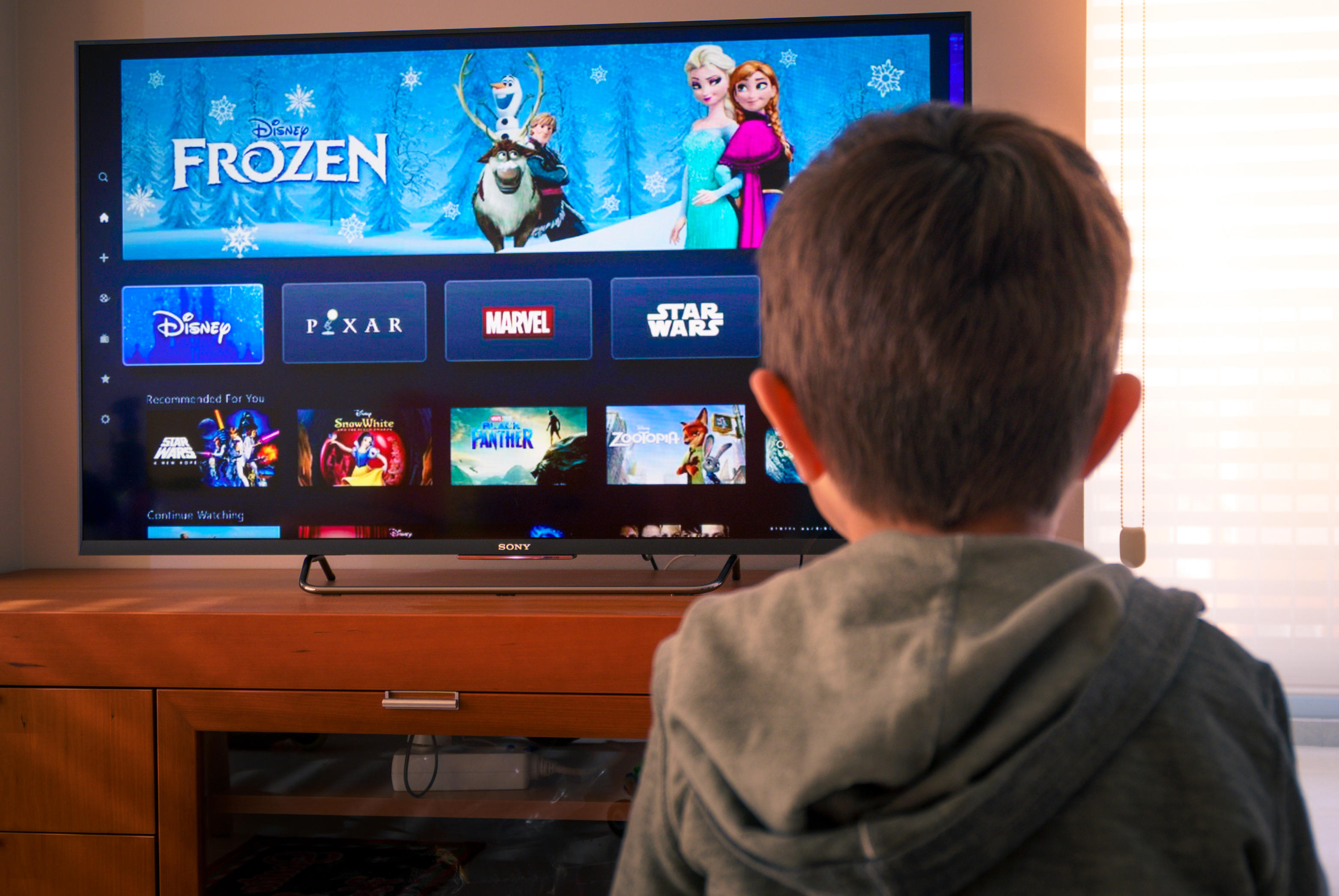 How to get Disney+ for free and save up to £79.90 a year
How to get Disney+ for free and save up to £79.90 a yearEven though the streaming giant ended its free trial offering, there are still multiple ways you can get Disney+ for free for up to 12 months
By Sarah Handley
-
 Parents of teens who have just taken their GCSEs urged to check child benefit status ahead of August deadline
Parents of teens who have just taken their GCSEs urged to check child benefit status ahead of August deadlineWith a child benefit deadline looming, some parents could see their payments reduced or stopped altogether - here's why
By Sarah Handley
-
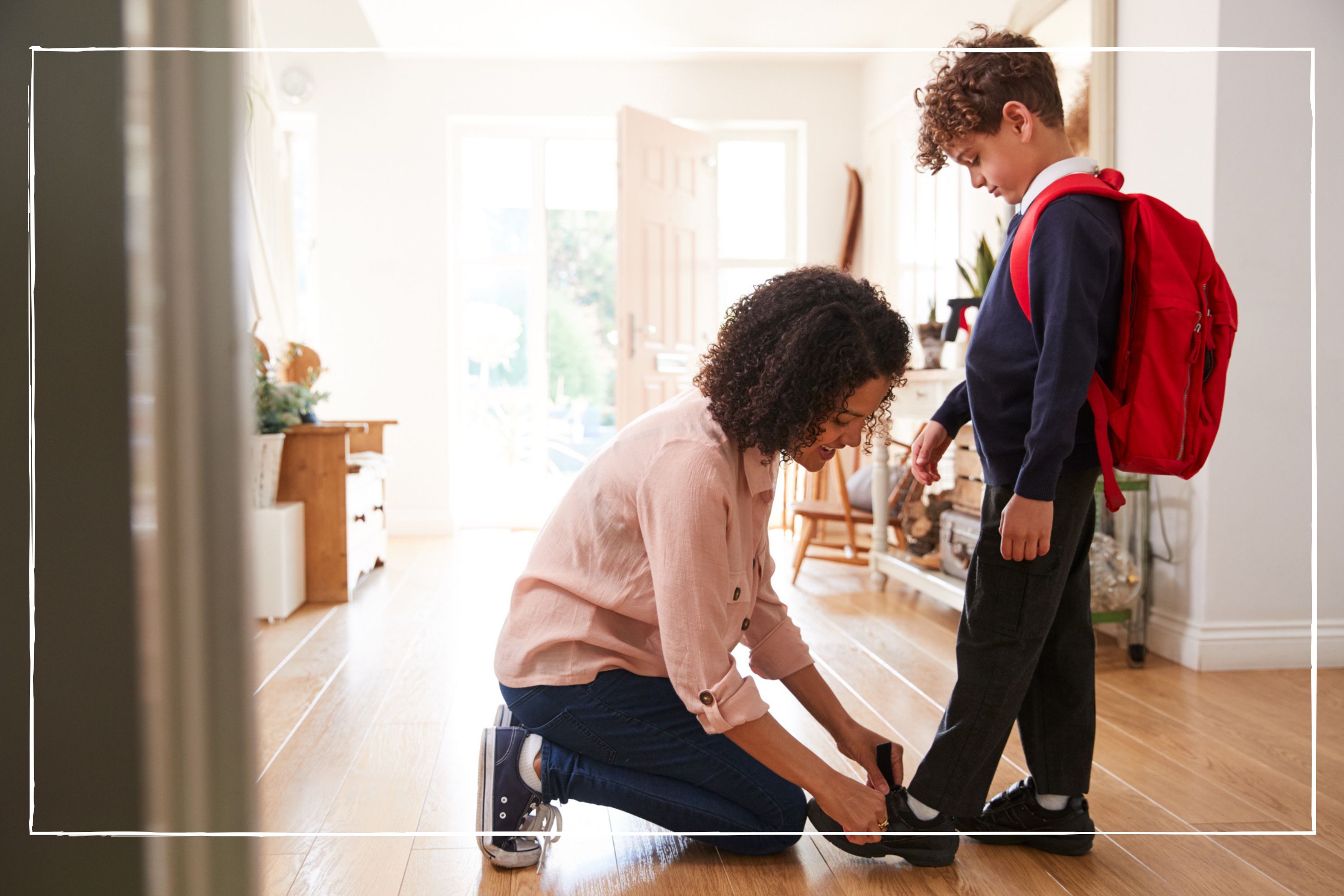 Parents should hold off buying this back to school staple 'as close to their first day as possible', says retailer
Parents should hold off buying this back to school staple 'as close to their first day as possible', says retailerWith parents turning their attention to kitting their kids out for the new school year, research suggestions which items should be left until the last minute
By Sarah Handley
-
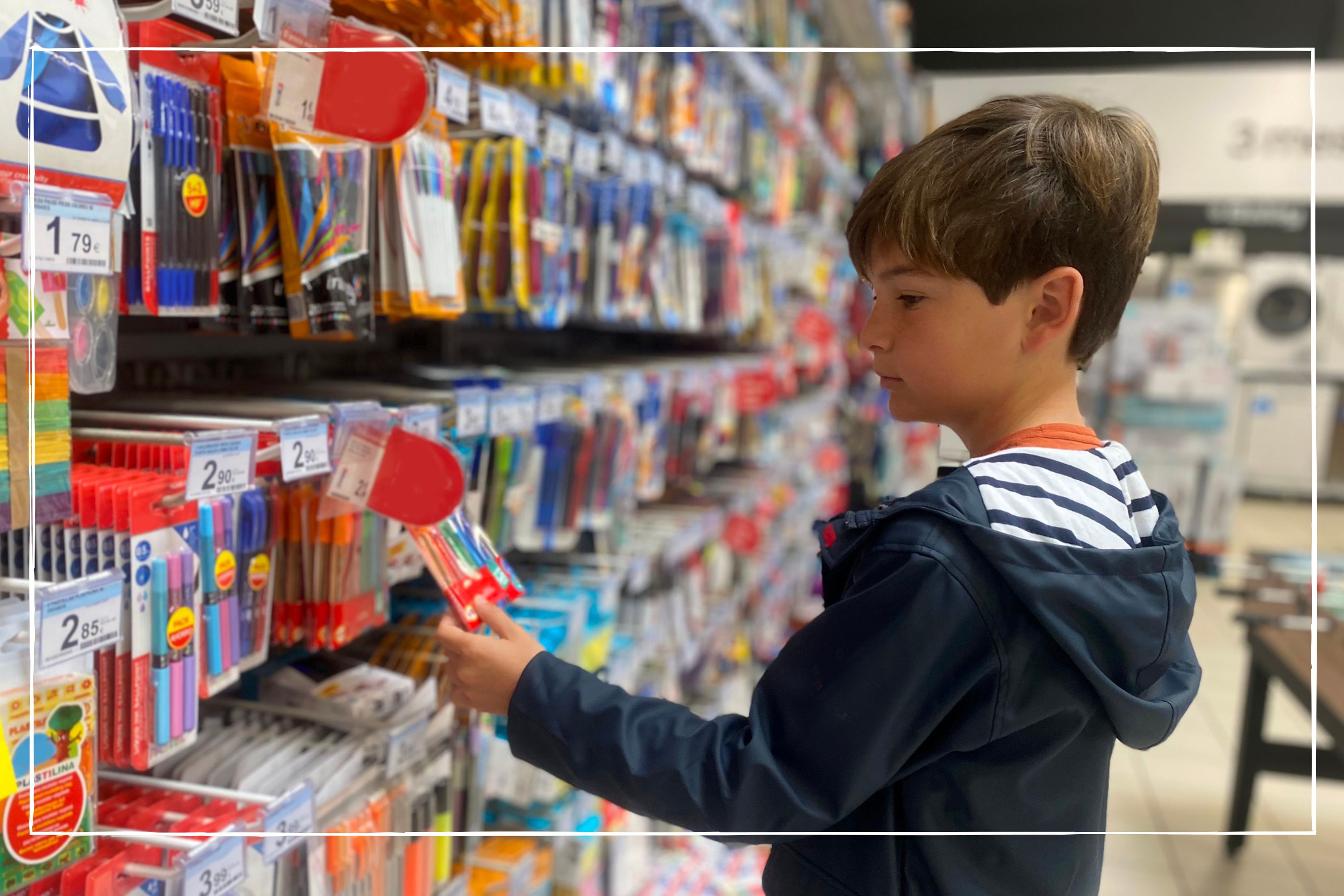 7 ways to save on back to school essentials, as its revealed parents will spend £2.3 billion in 2024
7 ways to save on back to school essentials, as its revealed parents will spend £2.3 billion in 2024We share ways you can get your child all the bits and bobs they need for the new school year, without breaking the bank
By Sarah Handley
-
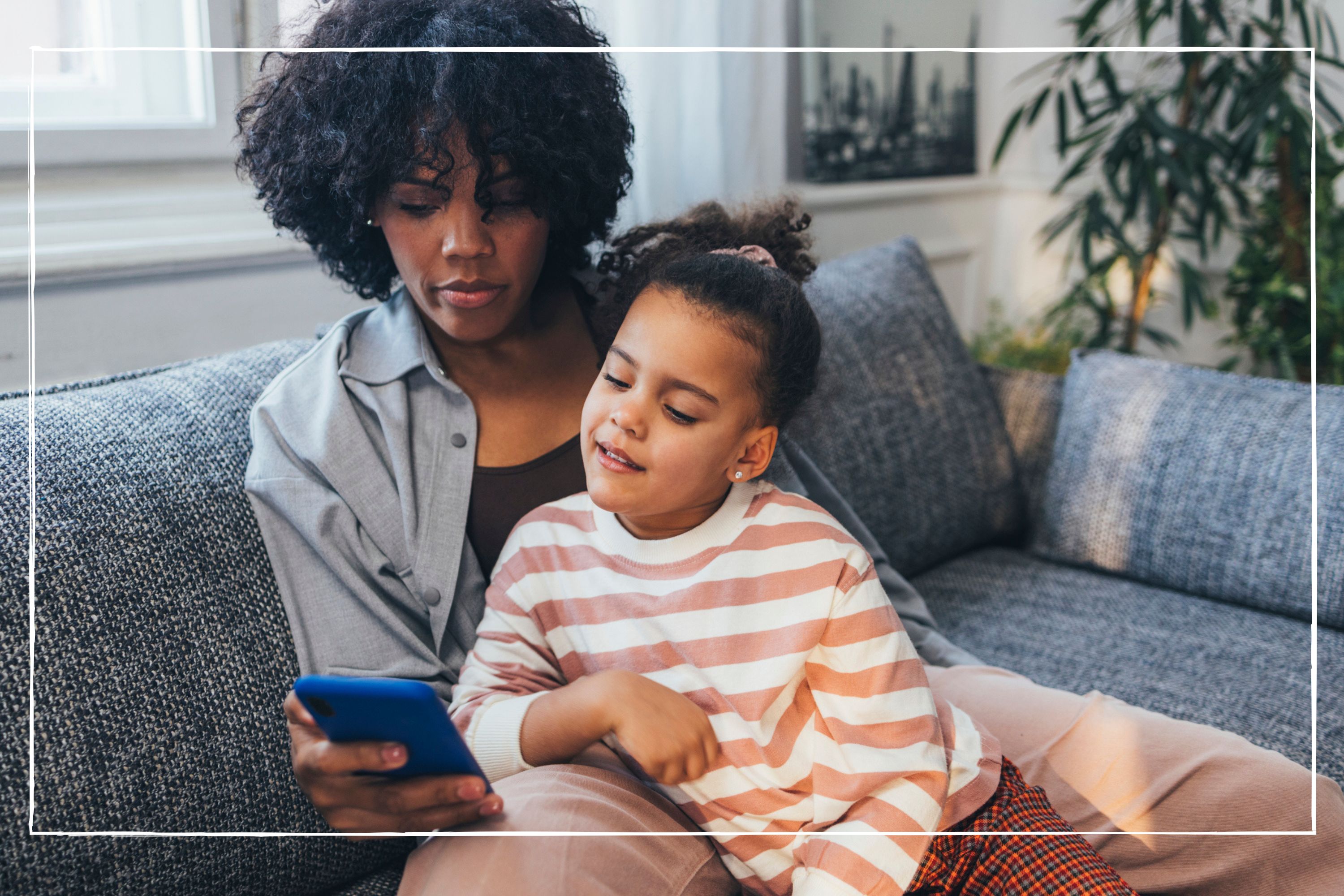 What day is child benefit paid around the bank holiday? Everything parents need to know
What day is child benefit paid around the bank holiday? Everything parents need to knowKnowing which day child benefit is paid when it comes to the bank holiday can help families plan their budgets accordingly
By Sarah Handley
